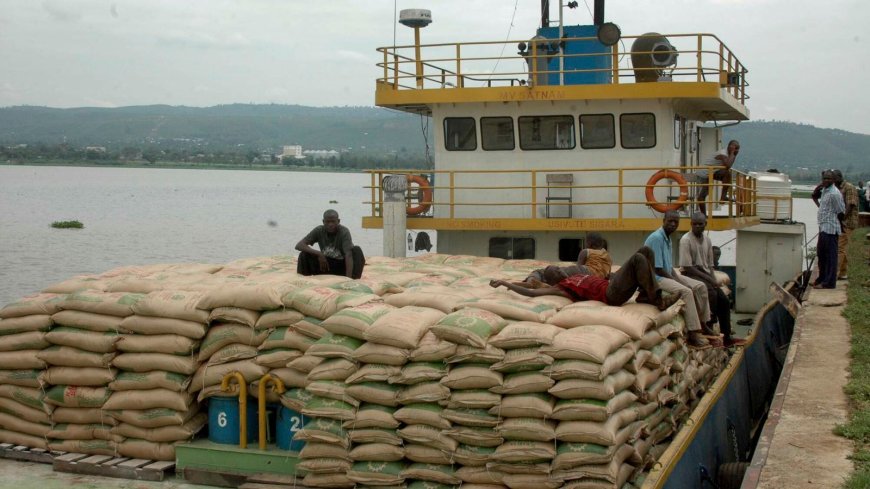Kenya Bans Sugar Imports from outside COMESA, EAC as Local Production Improves
Kenya halts sugar imports from non-COMESA and non-EAC countries after improved local production. The ban aims to protect local industries while adhering to regional trade agreements. Read more...

On Tuesday, September 10, Kenya announced a ban on sugar imports from countries outside the Common Market for Eastern and Southern Africa (COMESA) and the East African Community (EAC), citing a rise in local production, as reported by Xinhua.
Andrew Karanja, Kenya's Cabinet Secretary for the Ministry of Agriculture and Livestock Development, stated in Nairobi that domestic sugar production has increased, with the country expected to produce over 800,000 metric tonnes this year.
Karanja explained that, due to this improvement, the government has not extended the import window for sugar from outside the COMESA and EAC regions. Over the past four years, Kenya's 16 sugar factories produced an average of 700,000 metric tonnes annually, peaking at around 800,000 tonnes in 2022.
However, 2023 began with a severe drought that reduced sugar output, necessitating increased imports to fill the gap. Kenya's average annual sugar consumption is about 950,000 metric tonnes, with imports from COMESA and EAC countries helping to cover the shortfall under existing trade agreements.
Also Read:
The temporary allowance for imports from outside the regions was to protect consumers from rising prices, Karanja said, while imports from COMESA and EAC are regulated under sugar safeguards set to expire in February 2025.
He also highlighted Kenya's efforts to combat illegal sugar smuggling through its borders, affirming the country's commitment to free trade protocols under current agreements.
COMESA consists of 21 member states, and the EAC is a regional organization comprising eight partner states.
What's Your Reaction?













































































































